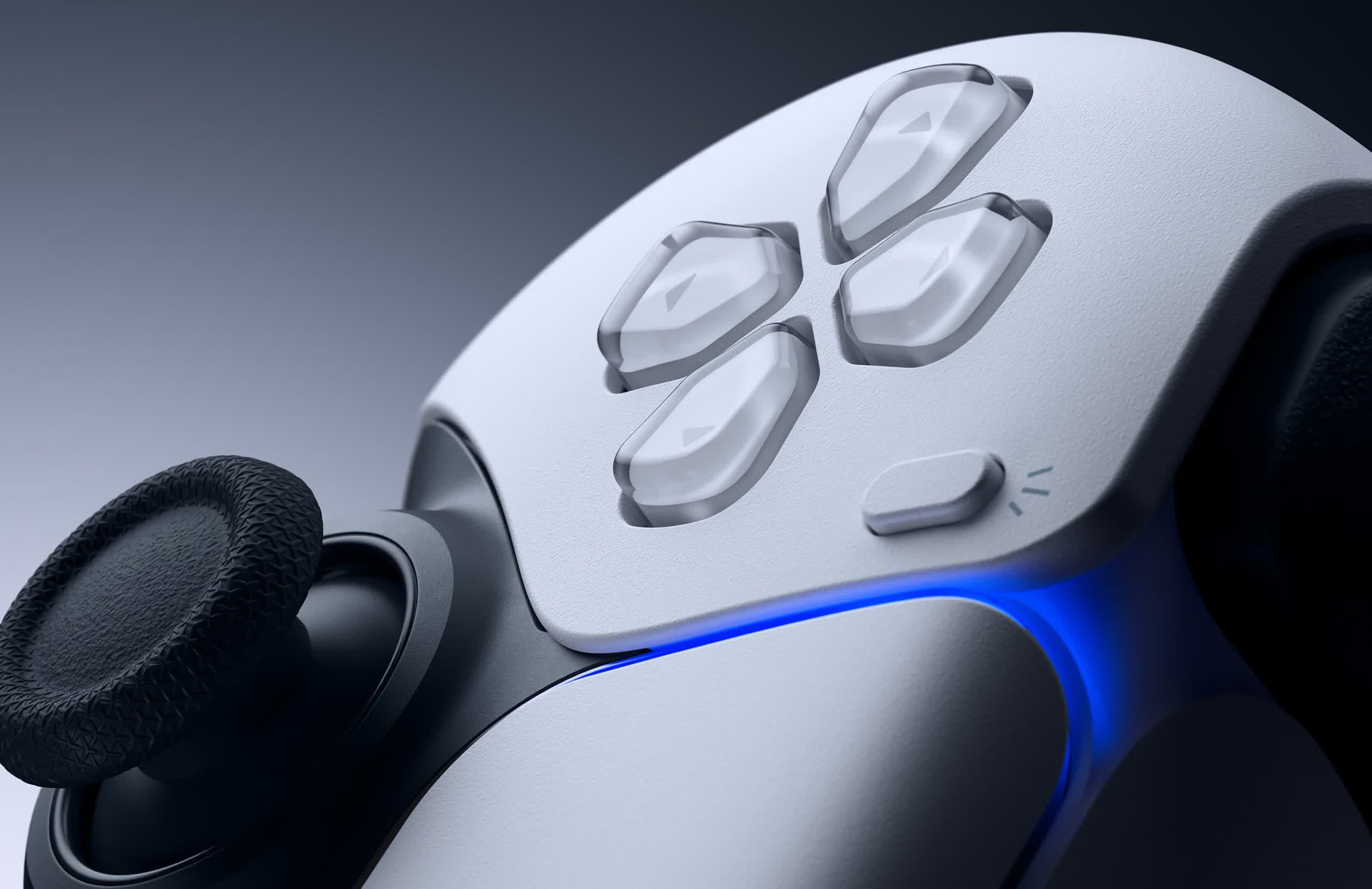In a nutshell: Modern game consoles are often referred to as affordable, small-form-factor PCs with closed-box software systems, but PlayStation hardware designer Mark Cerny refuted this assertion in a recent interview. He claimed that consoles still possess inherently unique traits and that Sony’s design choices in building the PS5 may have influenced the PC market.
The similarities between game consoles and PCs have diminished significantly over the decades. However, Mark Cerny, the chief designer behind the PlayStation 4 and PlayStation 5, still believes consoles are a unique driving force in the tech world. In an extensive interview with GamesIndustry.biz, he discussed developer trends that surprised him the most and the advantages consoles still have over gaming PCs.
Console exclusives have almost completely disappeared as Microsoft and Sony have started porting their in-house productions to PC (although Sony does so on a delay). Moreover, the x86 architecture used in today’s consoles makes those PC conversions far easier than in previous generations. Some might also consider the upcoming release of a PC adapter for the PlayStation VR2 headset a sign of declining confidence in the accessory.

However, Cerny asserted that Sony isn’t trying to build low-cost PCs, highlighting the additional freedom the company has when designing a console. The PlayStation architect suggested that, without the constraints of multiple decades of Windows software or PC standards, Sony could push for more efficient GPU interfaces and deeper integration of solid-state drives.
According to Cerny, these decisions might have influenced some of Microsoft’s choices regarding DirectX and DirectStorage. The latter, along with Nvidia’s RTX I/O, has been promoted as the PC’s answer to the PS5’s ultra-fast load times, but it has seen relatively limited use in PC games.

Cerny also noted that the PS5 maintains a cost-performance advantage over equivalent PC parts three years after its launch. He referenced a February YouTube video by Linus Tech Tips, in which the channel attempted to match PS5 performance with $500 worth of PC components. Since the channel purchased a used motherboard, Cerny believes the resulting system should be compared to a used PS5, which can be found for under $300 on eBay.
In other parts of the interview, the PlayStation architect expressed surprise at how readily developers have employed ray tracing and aimed for 60 frames per second. Cerny admitted that hardware-accelerated ray tracing was a late addition to the PS5’s architecture. The PlayStation 5 Pro, expected to launch later this year, is rumored to feature dramatically enhanced ray-tracing capabilities and machine learning-assisted upscaling.





